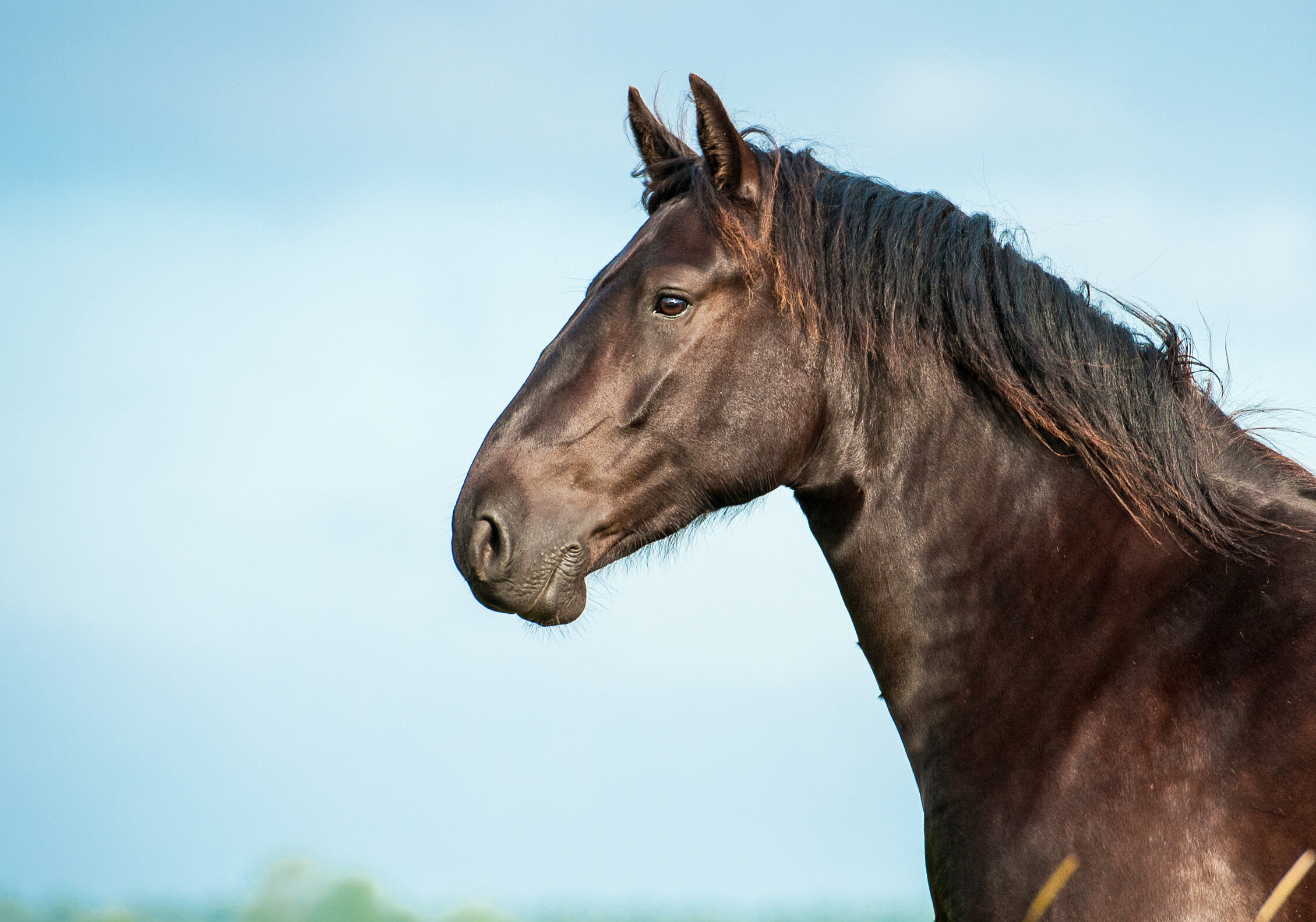
Equine theft is a serious crime that can have profound consequences for both equestrian owners and perpetrators. This article explores the legal framework surrounding equine theft in Georgia, including relevant statutes, penalties, and case law. It aims to educate readers on their rights as equine owners and the legal recourse available in the event of theft.
Legal Definition and Penalties for Equine Theft in Georgia
Under Georgia law, equine theft is classified as a form of theft, typically falling under theft by taking or theft by deception. According to Georgia Code § 16-8-2, theft occurs when a person unlawfully takes or appropriates the property of another with the intent to deprive the owner of that property. This statute applies to equines, including horses, ponies, and mules, as valuable and often targeted assets.
Penalties for Equine Theft
The penalties for equine theft in Georgia vary depending on the value of the stolen property and the circumstances of the crime. Theft of equines valued at less than $1,500 constitutes a misdemeanor, punishable by fines and imprisonment up to one year. Theft of equines valued at $1,500 or more is classified as a felony, carrying stiffer penalties, including imprisonment for one to ten years and significant fines.
Case Law and Legal Precedents
Georgia case law provides insights into how courts interpret and apply theft statutes in equine-related cases. For example, State v. Johnson, 275 Ga. App. 123 (2005), illustrates the application of theft laws in cases involving the unlawful taking of horses and the factors considered in determining penalties.
Legal Protections for Equine Owners
Equine owners can take proactive measures to protect their animals from theft, such as:
- Microchipping and Registration: Microchipping equines and registering them with a national database can deter theft and aid in recovery efforts.
- Security Measures: Implementing secure fencing, locks, and surveillance systems can enhance the physical security of equine facilities.
- Documentation: Maintaining detailed records of ownership, identifying marks, and purchase documentation can facilitate recovery and legal proceedings in the event of theft.
Reporting Equine Theft
Promptly reporting suspected equine theft to law enforcement is crucial. Providing law enforcement officials with accurate descriptions, identifying marks, and any available evidence can aid in the recovery and apprehension of perpetrators.
Conclusion
Equine theft poses significant challenges and risks to equine owners in Georgia. Understanding the legal protections, penalties, and steps to take in response to equine theft is essential for safeguarding valuable assets and seeking justice. By staying informed and proactive, equine owners can mitigate risks and protect their animals from theft under Georgia law.
For legal assistance or more information on equine theft laws in Georgia, consult with a criminal defense attorney experienced in handling property crimes and theft offenses.

